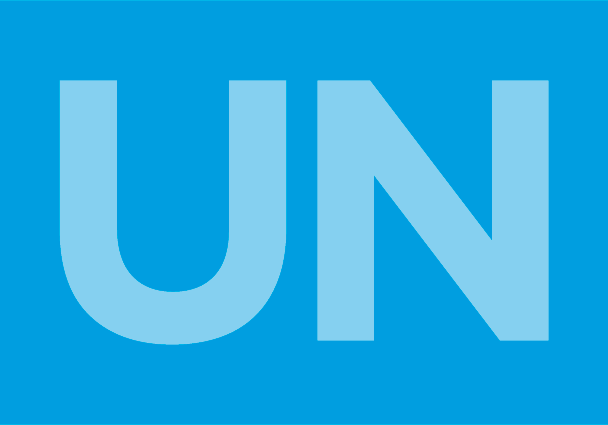The ICJ urged the Government of Tunisia to promptly address the serious reservations regarding its human rights record raised during the Universal Periodic Review (UPR).
The ICJ call follows the review of the human rights record of Tunisia at the 1st session of the UN Human Rights Council’s Working Group on the UPR.
“The Tunisian Government must safeguard the equal rights of women and guarantee to everyone the unhindered enjoyment of freedoms of opinion, expression, association and assembly. It must also refrain from abusive counter-terrorism practices, often used to silence the political opposition, and guarantee the independence of the judiciary”, demanded the ICJ.
At the session, the Tunisian delegation appeared to engage constructively in a dialogue with the Human Rights Council’s members and announced the decision to receive, among others, the Council’s special rapporteurs and submit overdue reports to the UN treaty bodies. “However, the delegation and most of the Council’s members overemphasized Tunisia’s achievements and cooperation, leaving little space to meaningfully address the serious challenges to human rights in Tunisia”, said the ICJ.
“The Council must begin to deliver, from the very 1st UPR session, on the UN General Assembly’s expectations, that the genuine dialogue and cooperative effort with the states under review result in tangible improvements to the promotion and protection of human rights in every one of them”, stated the ICJ.
The ICJ is concerned at the lack of progress in ensuring women’s equality, especially in relation to safeguarding their marital and family rights. Another source of concern is the Government’s harassment of human rights defenders and their families, who are put under surveillance by security services with the consent and de facto complicity of the judiciary. “The Government must ensure unhindered enjoyment of the freedom of opinion and expression and allow for the peaceful expression of political opposition”, added the ICJ.
The ICJ continues to criticise the use of military tribunals to try civilians on charges of terrorism under the 2003 Anti-terrorism law and the Military Justice Code, as their use violates international standards of a fair trial, such as those pertaining to legal aid and the right to appeal. Serious human rights violations continue to be committed under the veil of counter-terrorism, including subjecting detained persons to torture and to indefinite and often incommunicado administrative detention. The ICJ also condemns invoking counter-terrorism laws to silence the political opposition.
Of particular concern is Tunisia’s systematic attack on the independence of judiciary, and structural intrusions by the executive into the administration of justice, including by harassing legal profession.
“The ICJ urges the Tunisian Government to meaningfully address all of these concerns, and make use of the support offered by the Council. The Government’s reception of the Council’s special rapporteurs on human rights defenders and torture will only be the first important step”, concluded the ICJ.
Tunisia-ICJ urges Tunisian Government to refrain from interference with judicial independence-Press releases-2008 (full text, PDF)





